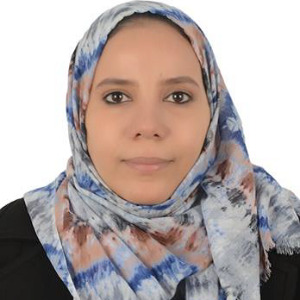Title : Impact of the sudanese conflict on diabetes care: A cross-sectional study from Omdurman City, Khartoum State
Abstract:
Background: Humanitarian crises present significant global health challenges, with record numbers of people being displaced worldwide. In these settings, the burden of diabetes remains largely underreported, clinical guidance is insufficient, and diabetes management is often neglected. Crisis-affected populations face substantial barriers to accessing care, primarily due to the high costs of medical treatment.
Objective: This study aims to evaluate the long-term health impacts of the ongoing Sudanese conflict on individuals living with diabetes.
Methodology: An observational, descriptive, cross-sectional multicenter-based study was conducted in Omdurman
city from July 2024 to November 2024. Data was collected using an interview-administered data collection sheet, filled out by the researcher. Data was entered into an Excel sheet and analyzed using the Statistical Package for Social Sciences (SPSS) Version 26.
Results: A total of 119 individuals participated in the study. The age distribution of the participants revealed that the majority, 53 (44.5%), were in the 51-65 years age group. The gender distribution showed that 82 participants (68.9%) were female, while 37 participants (31.1%) were male. The vast majority, 116 (97.5%), had Type 2 Diabetes, with only 3 participants (2.5%) diagnosed with Type 1 Diabetes. The HbA1c test was not performed in most participants, 104 (87.4%), while only 15 participants (12.6%) had the test done. Among those tested, the mean HbA1c level was 7.17 ± 1.23%. Regarding the impact of the conflict on diabetes follow-up, 52 participants (43.7%) reported a severe impact, 34 participants (28.6%) experienced a moderate impact, 27 participants (22.7%) reported no impact, and 6 participants (5.0%) indicated a minor impact. There was a statistically significant association between the effect of conflict on medication adherence with socioeconomic status, psychosocial conditions, and quality of life (P-value = 0.001).
Conclusion: The ongoing conflict in Sudan has significantly disrupted diabetes management and outcomes. These findings highlight the urgent need for targeted interventions that address healthcare access, ensure medication availability, and provide both psychosocial and socioeconomic support in conflict-affected areas.


